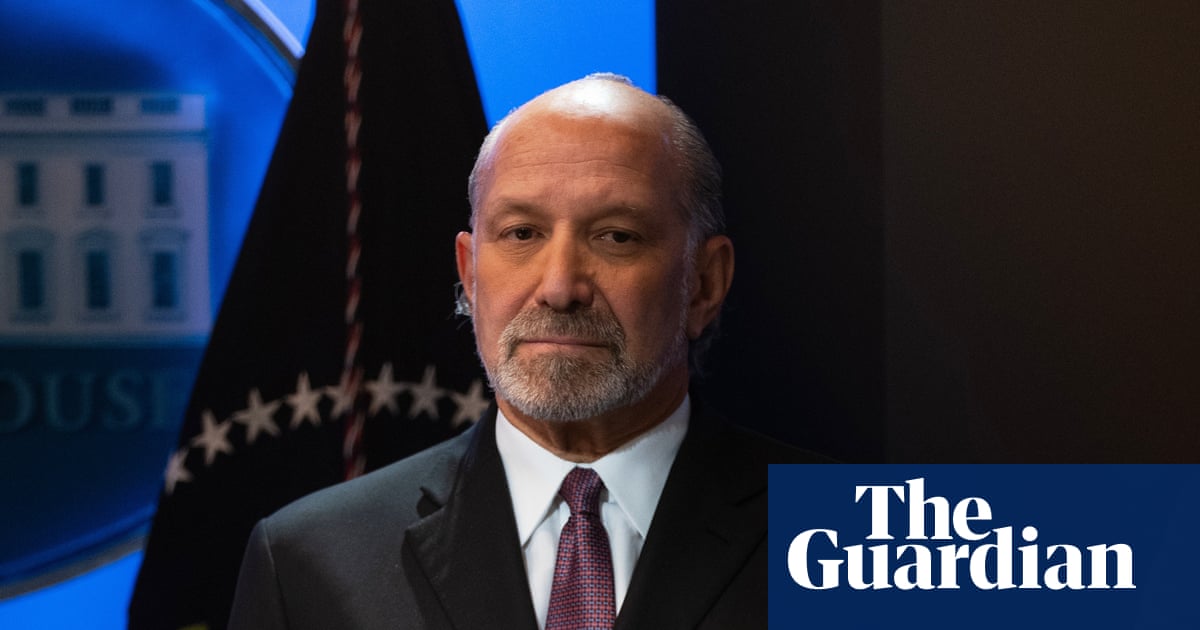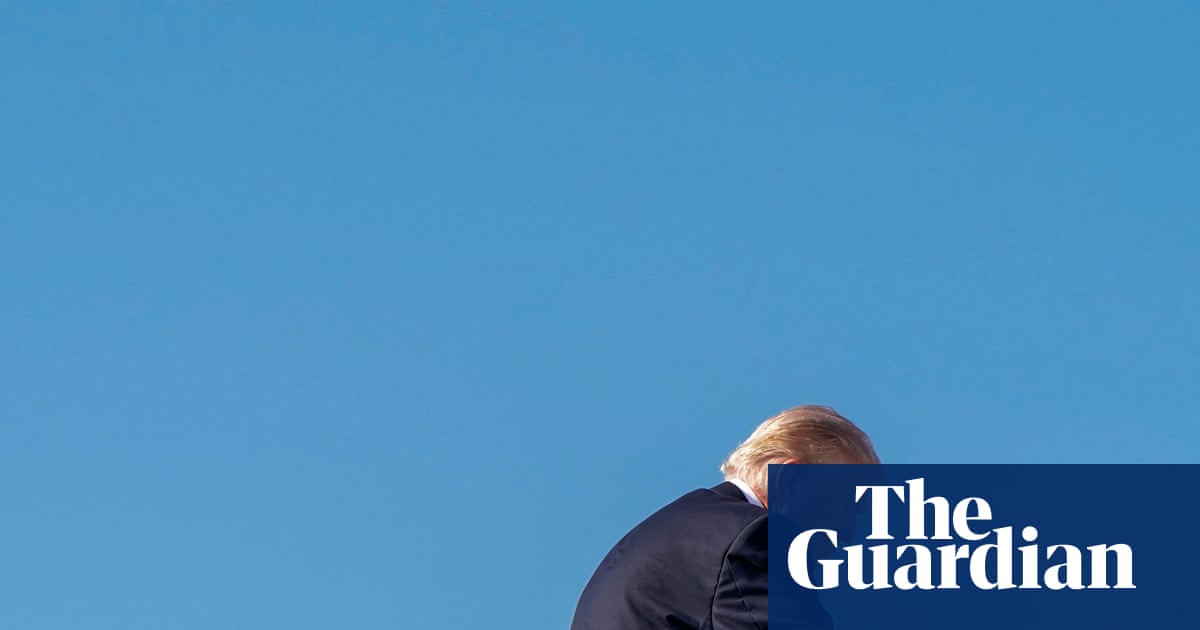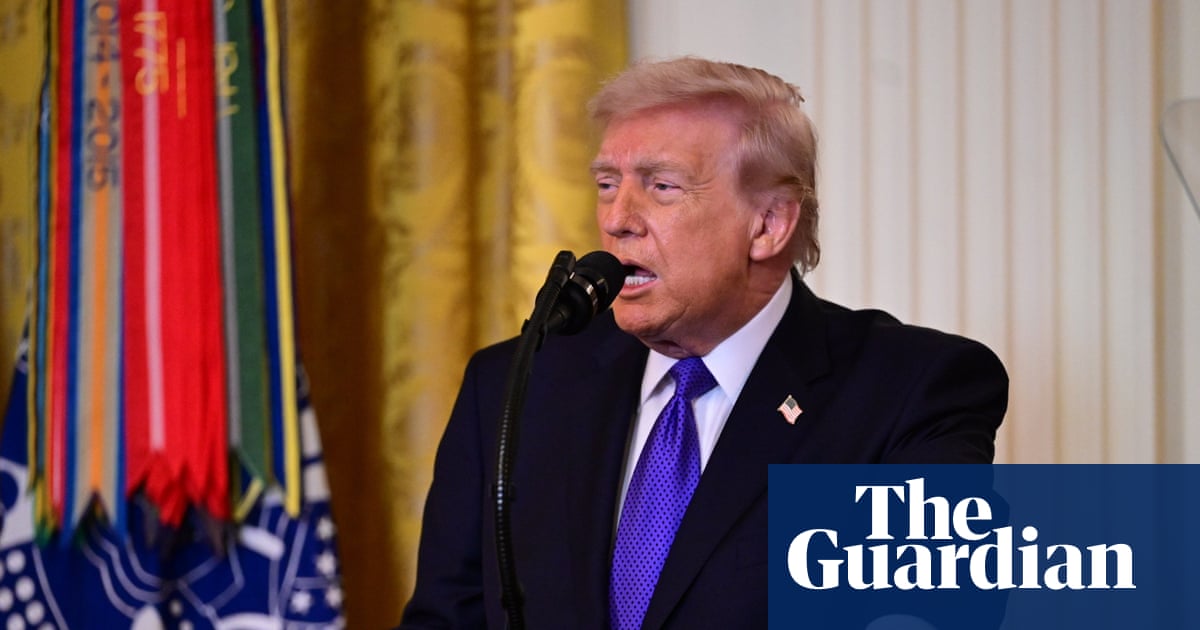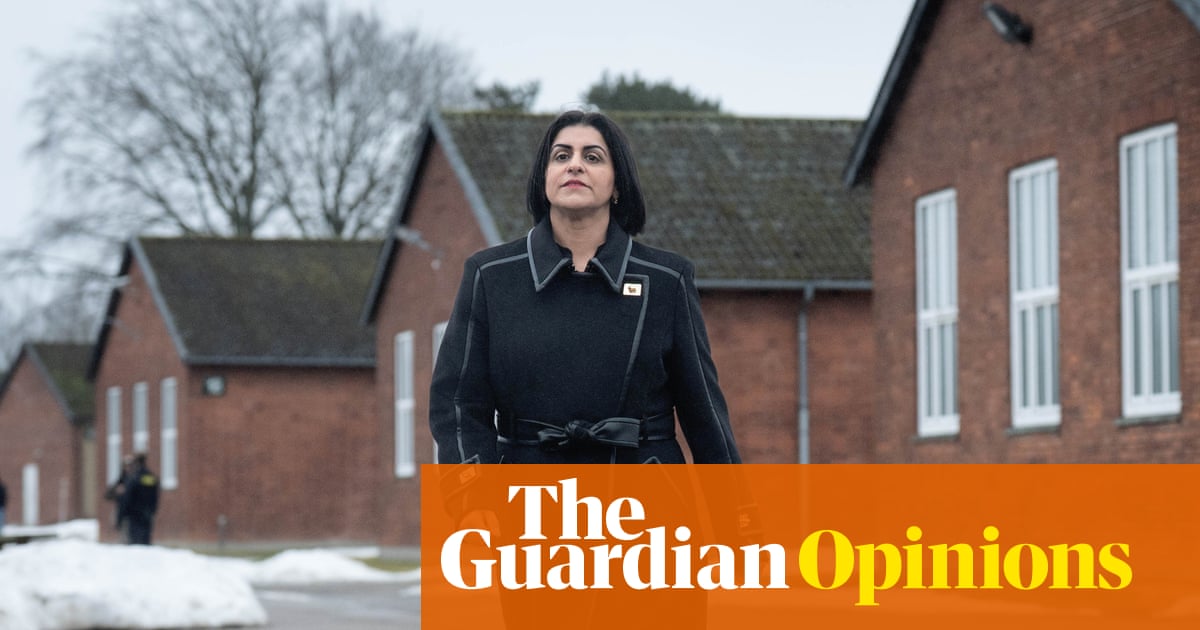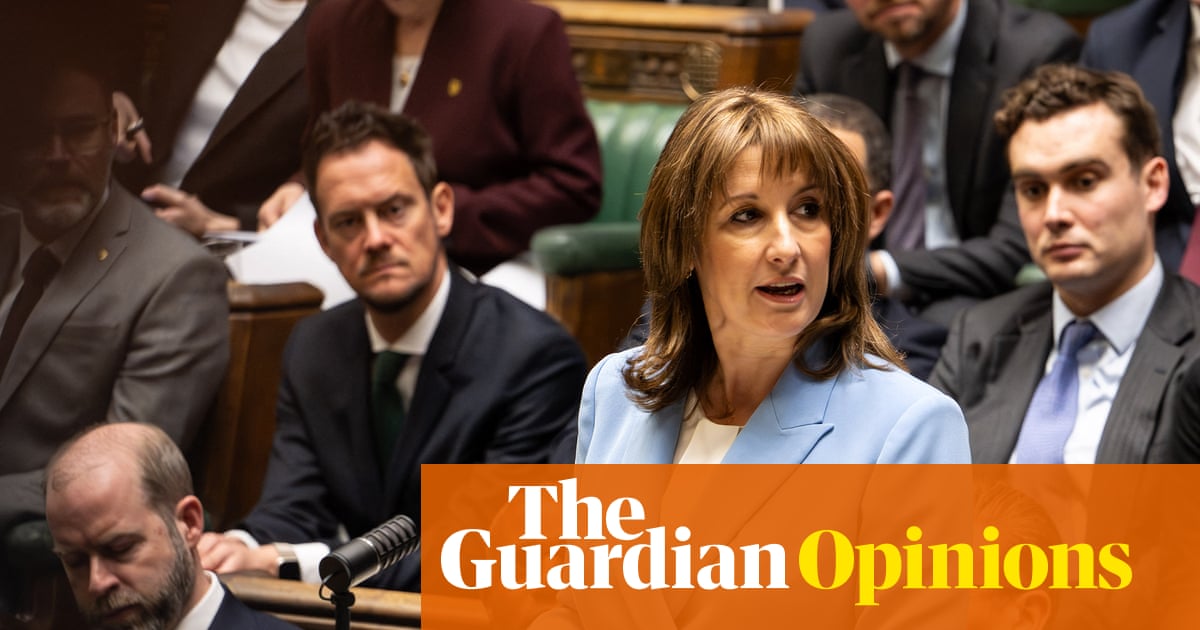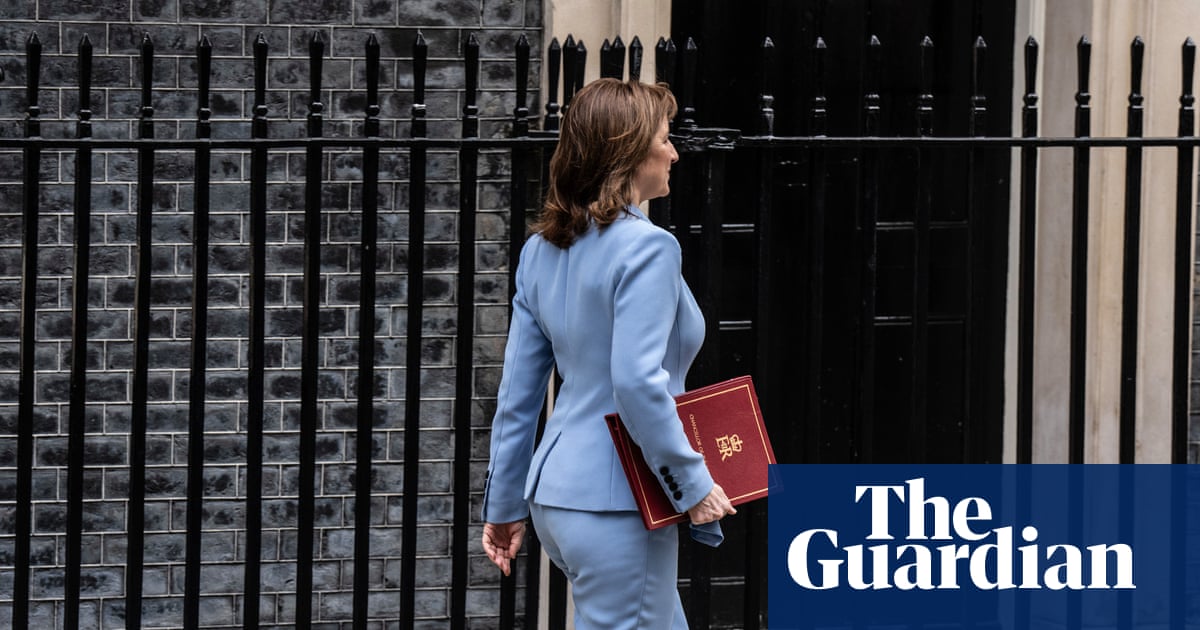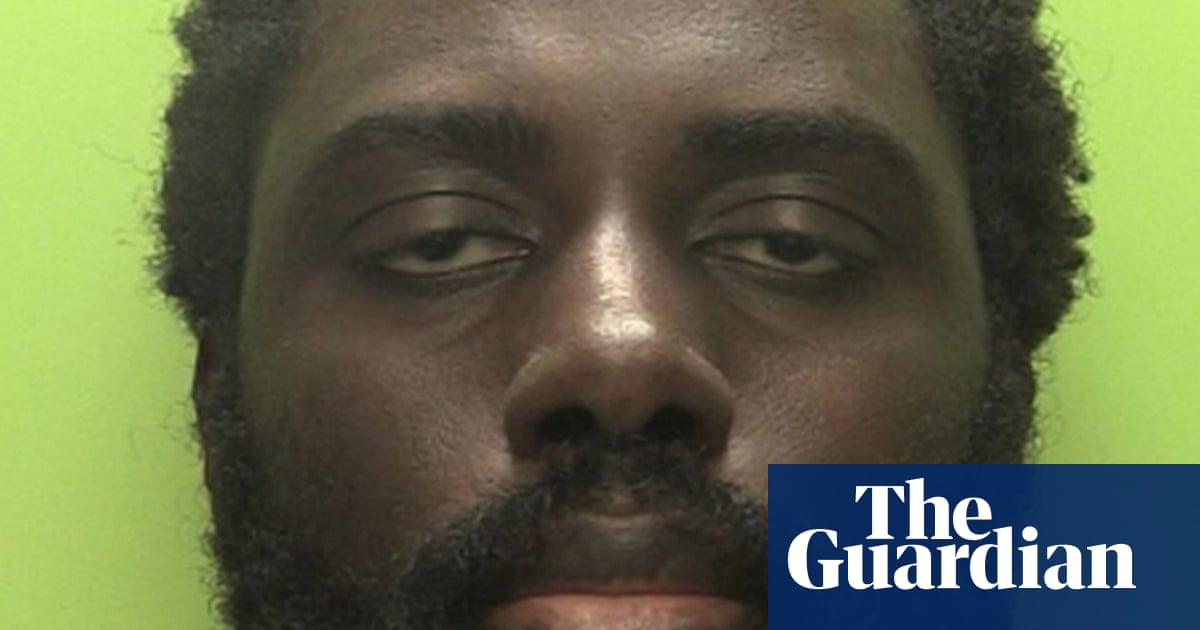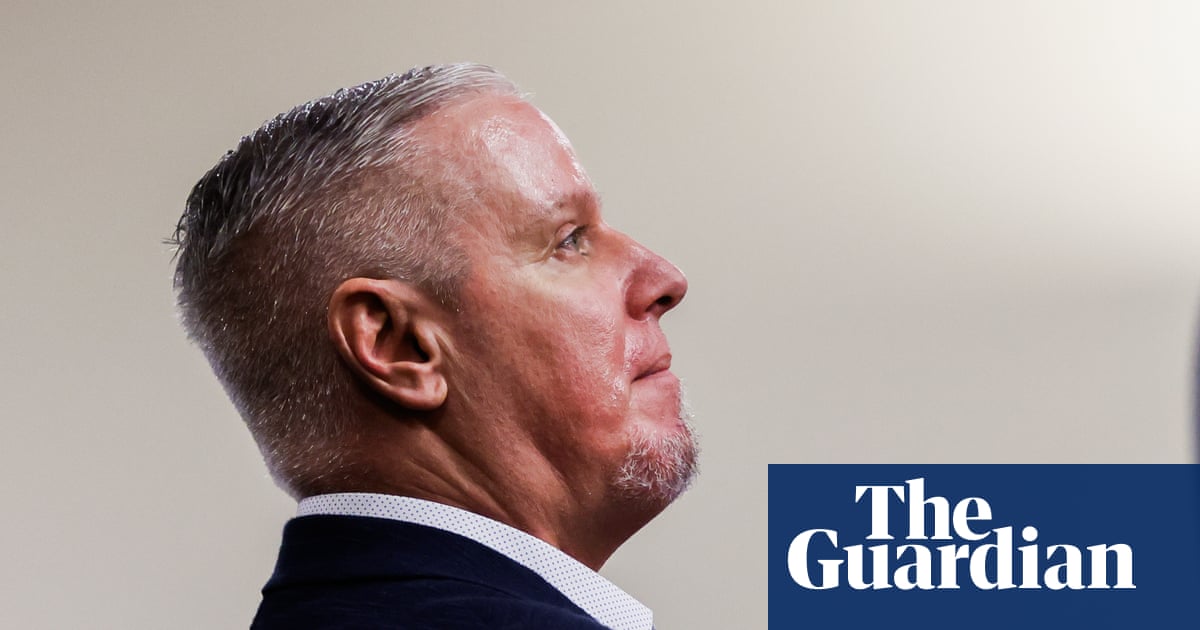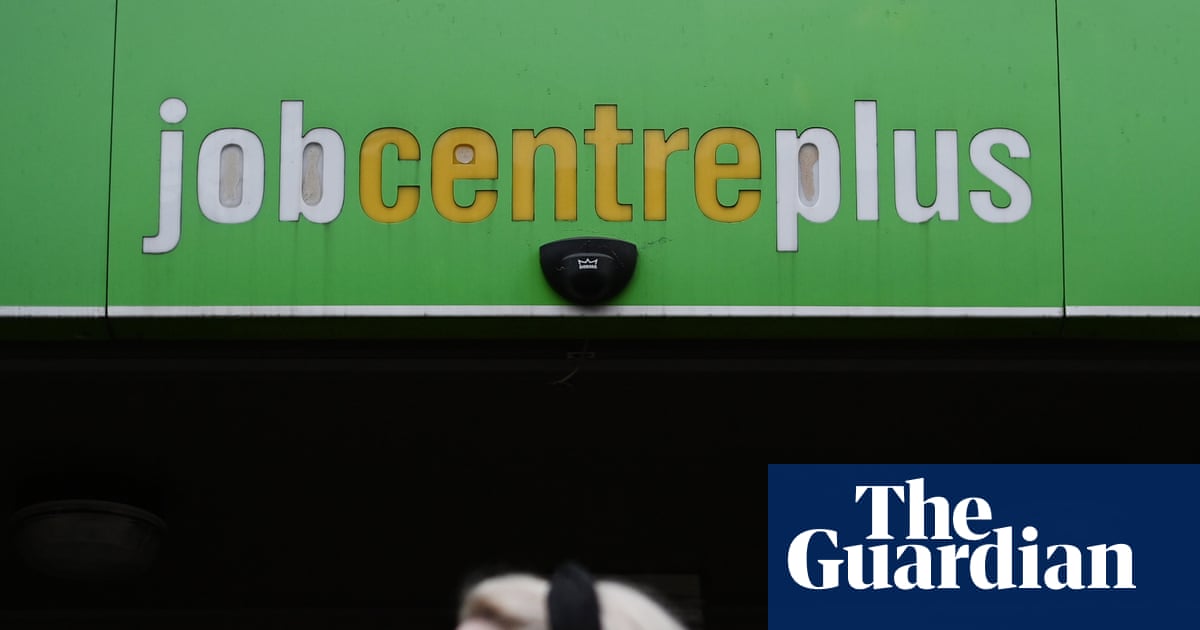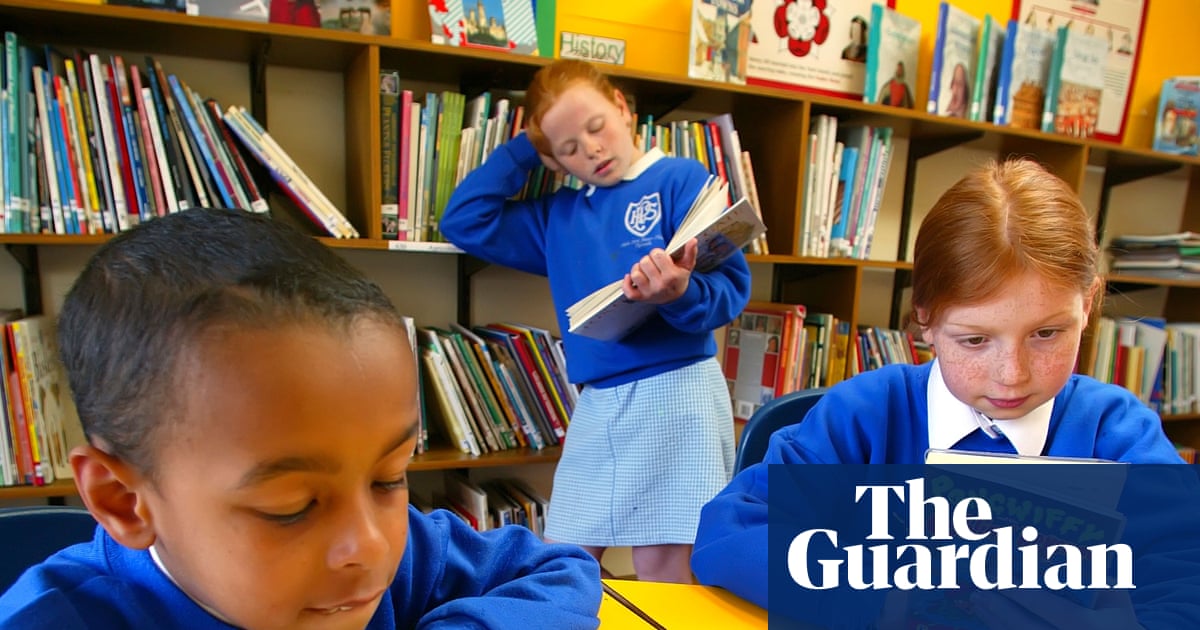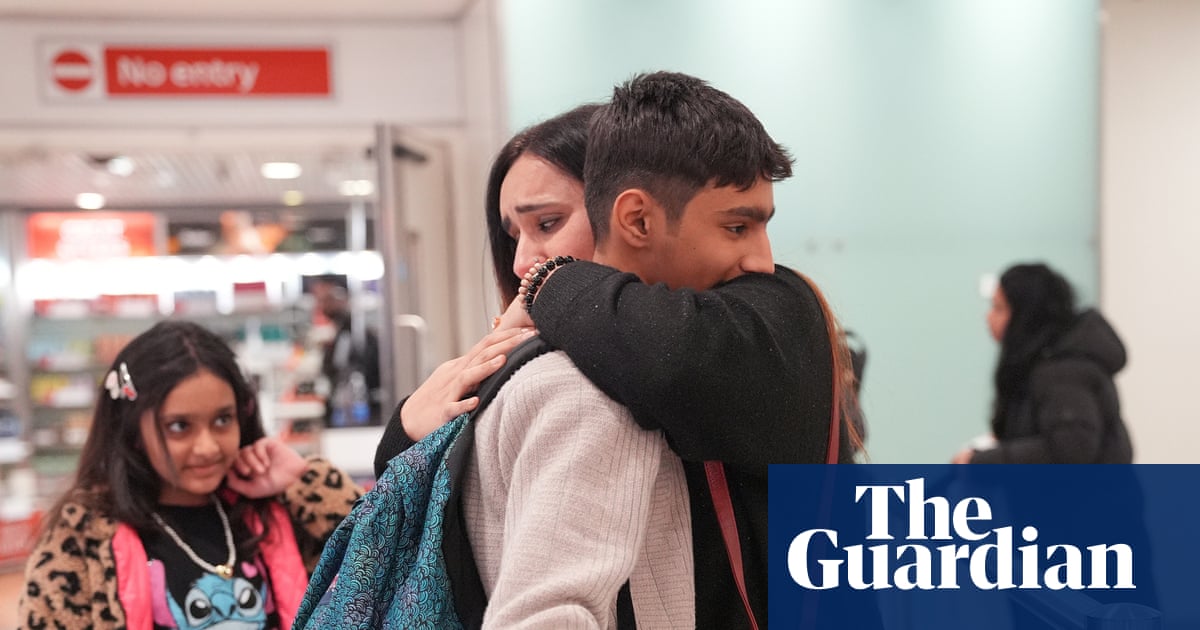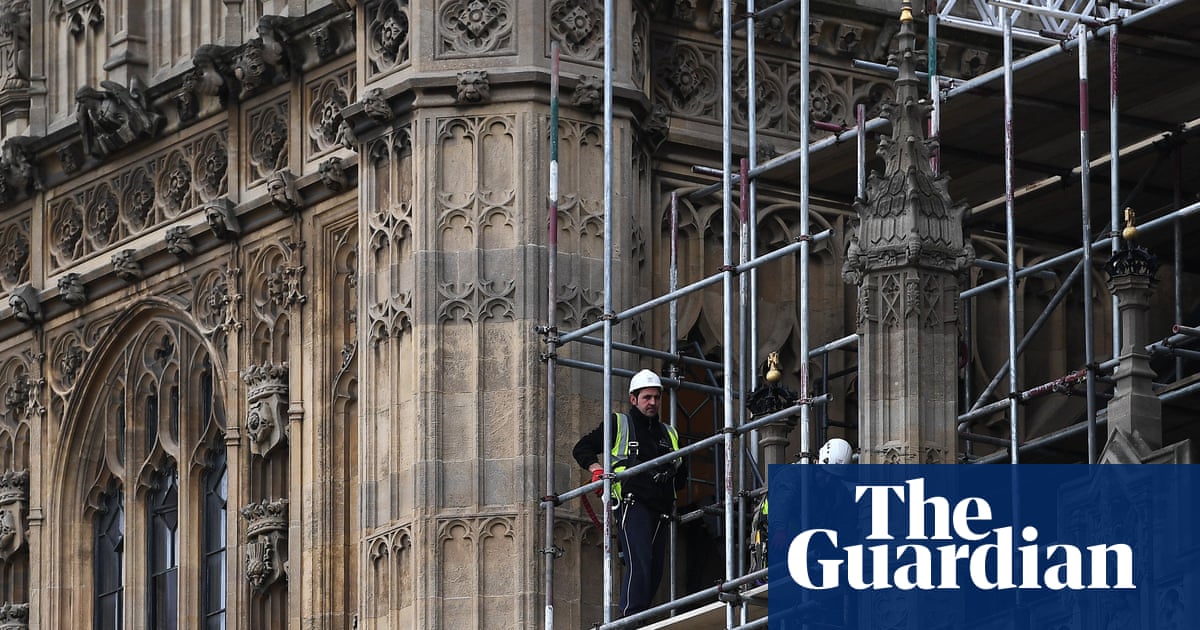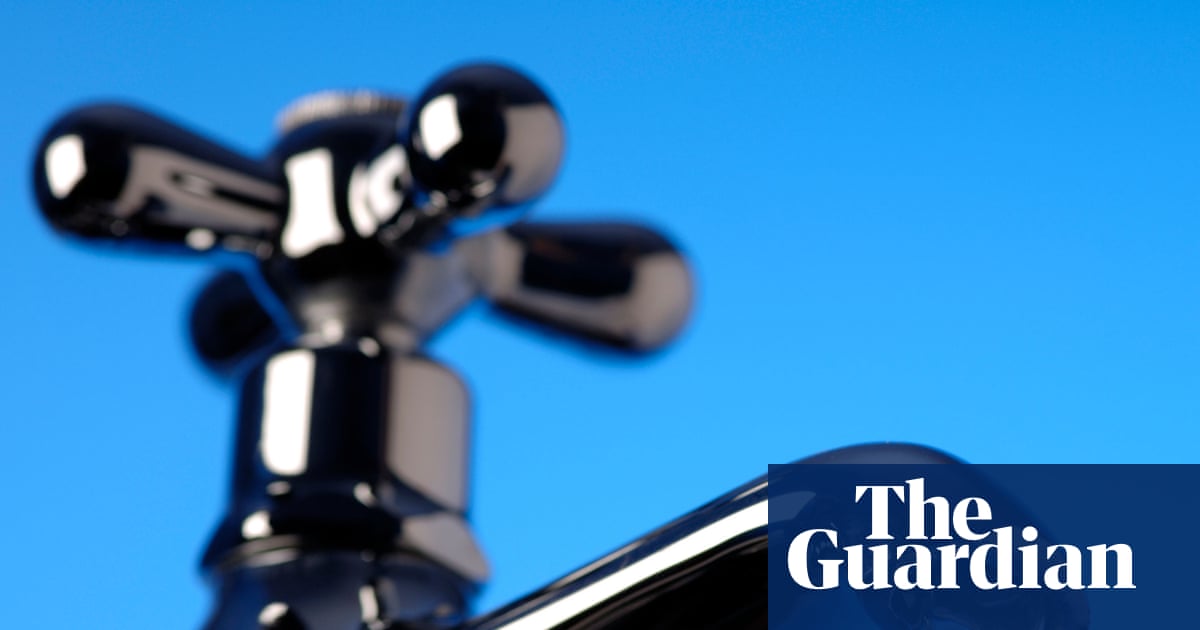Rachel Reeves is planning to remove the two-child benefit cap in full in the November budget, in a move that could cost more than £3bn but lift 350,000 children out of poverty.
The chancellor is understood to be preparing to reverse the Conservative measure entirely, having originally looked at ways to taper it either for very large families or richer ones.
Reeves is acting after the prime minister, Keir Starmer, insisted that Labour should go into the next election having reduced child poverty. But the chancellor is also hoping removing the cap, which is popular with voters but deeply unpopular among Labour MPs, will placate many in her party who are concerned about the political consequences of a possible rise in income tax.
The chancellor told BBC Radio 5 Live on Monday: “I don’t think we can lose sight of the costs to our economy in allowing child poverty to go unchecked. In the end, a child should not be penalised because their parents don’t have very much money.”
She added: “In many cases you might have a mum and dad who were both in work, but perhaps one of them has developed a chronic illness or one of them has passed away.
“There are plenty of reasons why people make decisions to have three, four children, but then find themselves in difficult times. But also you have things like adoption, or foster caring – lots and lots of different reasons why families change shape and size over time.
“I don’t think that it’s right that a child is penalised because they are in a bigger family, through no fault of their own.”
Allies of the chancellor said her words should be taken as a signal of intent that she wanted to remove the cap in full rather than only in part.
Reeves’s comments show how far she has come since the last election, when she and Starmer decided not to include a promise to remove the cap in the party’s manifesto, arguing they could not afford “unfunded promises”. The Resolution Foundation has estimated that removing the cap in full would cost about £3.5bn by 2029-30.
Starmer continued to defend that position after entering government, even suspending seven MPs last year for voting for a Scottish National party motion calling for an end to the cap.
In the wake of that rebellion, Starmer commissioned the education secretary, Bridget Phillipson, to lead a taskforce to make recommendations on how to reduce child poverty.
Phillipson is due to publish her findings around the time of the budget, and is understood to have concluded that fully abolishing the cap is the best way to remove the maximum number of children from poverty.
Allies of the prime minister insist he has always wanted to remove the cap in full as soon as possible. One said: “Keir has always said he wants to drive down child poverty in government. It would mortify him if it went up on his watch.
“He’s adamant that it will dwarf what Blair did to reduce child poverty in government. It really matters to him; it’s something he’s talked about for years. He wants to be able to go into the next election saying that if you vote for Labour you’ll take more children out of poverty.”
Alison Garnham, the chief executive of the Child Poverty Action Group, said: “The two-child limit is the biggest driver of rising child poverty in the UK and scrapping it in full is the right thing to do. All children are equally deserving of a good childhood and abolishing this cruel policy would give millions more kids a better start in life.”
after newsletter promotion
Reeves made her comments on Monday, after receiving the penultimate set of pre-budget forecasts from the Office for Budget Responsibility and a day after meeting the former prime minister Gordon Brown, one of the loudest advocates of removing the cap.
She now has just over two weeks to finalise her announcement, which is likely to be dominated by a decision to break her manifesto pledge and raise income taxes.
The chancellor gave the clearest indication yet on Monday that she planned to take such a decision, despite the likely political backlash, telling the BBC that sticking to last year’s manifesto risked damaging the economy.
“It would of course be possible to stick with the manifesto commitments, but that would require things like deep cuts in capital spending,” she said.
“The reason why our productivity and our growth has been so poor these last few years is because governments have always taken the easy option to cut investment in rail and road budgets, in energy projects and [in] digital infrastructure. And as a result, we’ve never managed to get our productivity back to where it was before the financial crisis.”
Reeves has been considering a plan to raise income tax rates by 2p and cut national insurance by 2p – a move that would raise £6bn and protect most workers while hitting pensioners and landlords.
Reports suggest, however, she is thinking of limiting the national insurance cuts to those earning about £50,000 and less, which would mean a significant tax rise for the top 25% of earners.

 3 months ago
78
3 months ago
78

